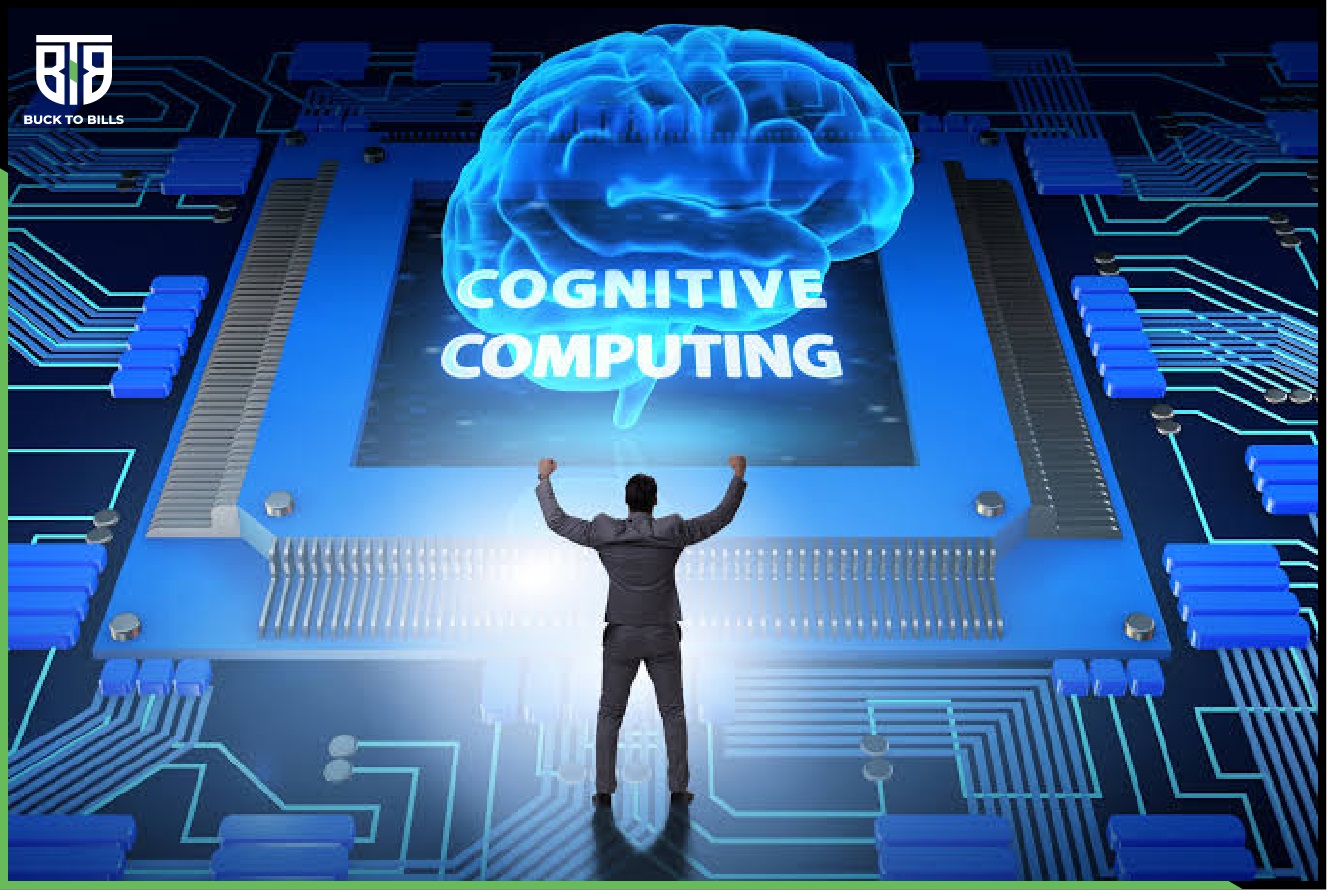Researchers have long been trying to meet the levels of human cognitive abilities. Although we cannot conclude that we've been successful, we've made significant progress in the right direction, which a while ago seemed quite impossible. Given that, do you think we will be able to reach such levels shortly?
Without getting into that eternal debate, let's today deal with a sub-set of this topic called Cognitive Cloud Computing.
So, what is this Cognitive Cloud Computing?
The sole objective of this technology is to simulate the human process in a computerized model. And the result attained would be called Cognitive Computing. While this might seem like some Hollywood Science fiction, several companies are already on the road to master the technology.
Whenever a technology says that it simulates human process, we immediately tend to link it with Artificial Intelligence. Is the case the same with Cognitive Computing? Let's explore:
Cognitive Computing Vs. Artificial Intelligence:
There is a thin line between Cognitive Computing and Artificial Intelligence. While Artificial Intelligence endeavours to replicate human analytical skills, Cognitive Computing goes a step beyond mimicking human intelligence. In that sense, both are entirely contrasting.
While Artificial Intelligence uses a pre-determined algorithm to complete the task, Cognitive Computing studies the patterns of relevant actions humans take. Thus Cognitive Computing gives more accurate data without any scope for machine-made mistakes.
After learning this, you might think that it is a threat to humankind. But no, Cognitive Computing technology's main aim is to serve humanity, not to master it. Now, the processes happen with machine-level precision and human-level intelligent analysis.
You already started picturing the intelligent world, didn't you?
With the mind-blowing idea in place, Cognitive Technology is going to take the upper hand over the following fields:
- Accurate data analysis:
As said earlier, Cognitive Computing is positioned to mimic human intelligence. With the process automation and human intelligence, the machines are equipped with high-efficiency in collecting and analyzing data.
Confused? What would this probably ensue?
The robotic surgeries, which are possible only in imaginations, can now be employed without any hesitation because the machines are now equipped with human cognitive abilities. Now, in the most critical situations, the device analyses the situation similar to a human.
- Efficient business processes:
Coupled with human reasoning skills, the machines can now compute the emerging patterns with more accuracy. This helps the organizations to avert risks and act according to the changing dynamics. Be it market dynamics or stock market changes, we have it under control.
- Enhanced customer interaction:
Robotics has already made its space in customer interaction. But the efficiency is below the par level, and the developers are constantly working to enhance it. Cognitive Computing provides the customers with improved customer interaction giving the feeling of a human-like experience.
No matter how much intelligence goes into the making of technology, there remains a range of limitations; the same applies to Cognitive Computing:
- Risk of analyzing:
Analyzing capability is both an advantage and a limitation of Cognitive Computing. While the technology is good at analyzing certain things, it is not equipped to analyze the socio-economic factors, including cultural, political, and traditional elements. Human intervention is needed to fix the issues. Maybe, this will be the next focus to revolutionize this technology further.
- Training:
Training the cognitive systems is a laborious process. Because it takes an immense amount of effort and time to make the machines understand the process involved in human intelligence and adopt them. And the cost involved in doing so also makes it a complex task.
While the world has been exploring alternatives for human resources, Cognitive Computing can be a great supplement. It can also become the next step in automation guided by human intelligence. Despite the limitations, the technology is worth exploring and employing to enjoy the much-awaited revolution's fruits.




















